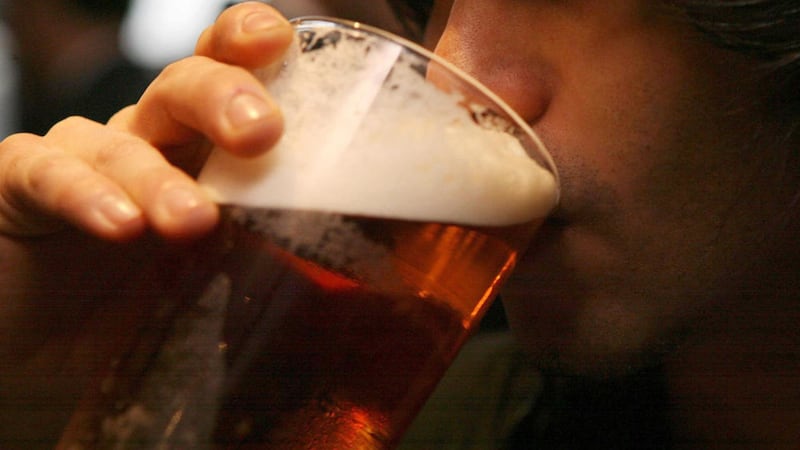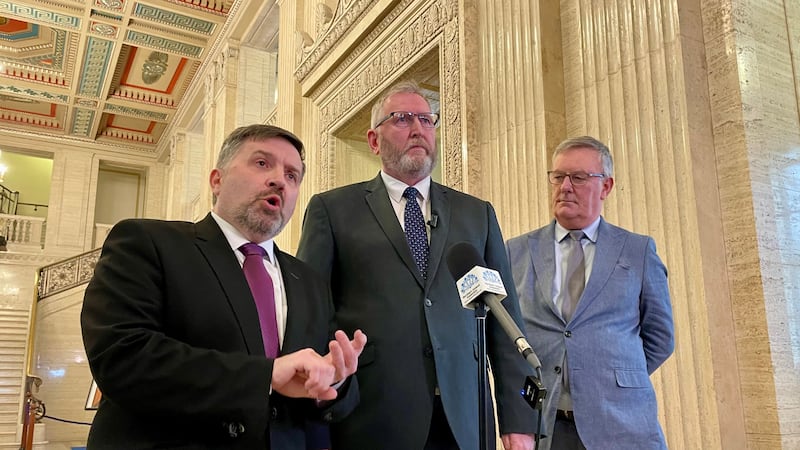AROUND a fifth of the north’s dwindling number of pubs will remain under threat of closure following proposed changes to licensing laws, it has been claimed.
A bill introduced at Stormont puts forward changes including an “occasional hours” licence that will allow alcohol to be sold until 2am on 12 nights a year, and an extra half-hour “drinking-up” period for customers from the current cut-off time of 1.30am.
DUP communities minister Paul Givan brought the legislation before the assembly on Monday, when it passed its first stage, but it is expected to take until mid-2017 before changes take effect.
However, the new bill does not go far enough, according to Hospitality Ulster, which represents bars and other venues that rely heavily on the sale of alcohol.
Chief executive Colin Neill claimed that unless it was amended to “make a real difference”, more venues would be forced to close in the coming years, further damaging the tourist industry.
“The number of pubs has plunged from around 3,000 20 years ago, to around 1,300,” he said.
“Unless changes are made, around 20 per cent of this number will remain under threat of closing. The changes proposed in the bill are too modest.”
Mr Neill said he still welcomed the bill as a “step forward” but the proposals, particularly in relation to opening times over Easter, would make little difference to the strain the hospitality sector faces.
“This is not about bringing in 24-hour drinking, or encouraging people to even drink more,” Mr Neill said.
“Most drinking is done at home anyway; people go to pubs to socialise. It’s also a big draw for tourists, who want to come and sample the famous ‘craic’.
“The restrictions around serving alcohol at Easter alone costs this industry £16 million a year. With the number of pubs facing closure, that is not a sum we can continue to let slide. Meanwhile, an extra 12 hours a year is nothing, and the assembly needs to quickly realise that.”
Defending the bill, which also includes restrictions around alcohol advertising in supermarkets and off-licences, Mr Givan said: “The changes I am proposing strike the necessary balance between, on the one hand, controlling the sale of alcoholic drinks and protecting the public interest, and on the other hand ensuring local businesses in the hospitality sector can continue to provide a high level of service to their customers.”








